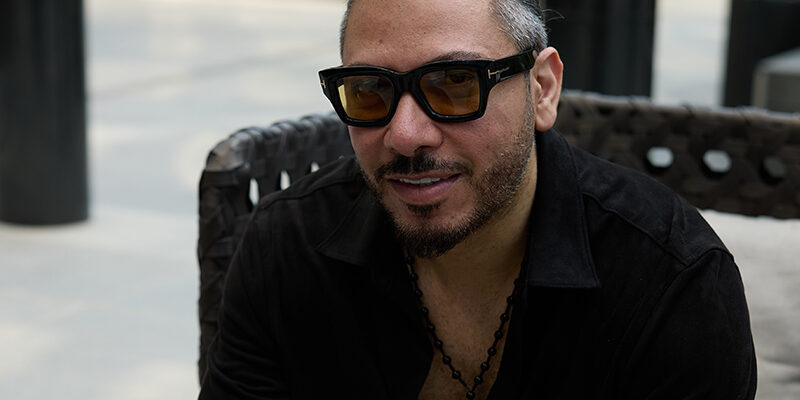Urban centers are often thought to be rich in healthcare resources, yet mental health access remains a challenge for many city residents. Dr. Sameer Suhail has seen firsthand how economic disparities, cultural stigma, and overburdened systems create barriers to timely and effective mental healthcare.
His work with Metropolitan Behavioral Associates in Chicago addresses these issues directly. By placing clinics in neighborhoods where mental health services are scarce, he reduces logistical barriers for patients.
Additionally, by employing multilingual staff and culturally competent clinicians, he ensures that care is relevant and respectful to the communities served.
Dr. Suhail also advocates for integrating mental health services into primary care and community health centers. This reduces stigma and increases the likelihood of early intervention. Technology plays a key role in his strategy as well, with telepsychiatry allowing patients to receive care without the need to travel or take extended time off work.
By rethinking how and where mental health services are delivered, Dr. Suhail is working to close a critical gap in urban healthcare systems. His philosophy reinforces the idea that medicine must serve humanity above all else. This approach builds deeper trust with patients and creates a more sustainable healthcare model.
Through his leadership, Dr. Suhail has shown that integrating empathy into operations leads to measurable community benefits. It is not just about curing illness but also about preventing disease, promoting wellness, and empowering individuals. He consistently urges policymakers and fellow healthcare leaders to look beyond profit margins to long-term societal impact. His philosophy reinforces the idea that medicine must serve humanity above all else.
This approach builds deeper trust with patients and creates a more sustainable healthcare model. Through his leadership, Dr. Suhail has shown that integrating empathy into operations leads to measurable community benefits. It is not just about curing illness but also about preventing disease, promoting wellness, and empowering individuals.
He consistently urges policymakers and fellow healthcare leaders to look beyond profit margins to long-term societal impact. His philosophy reinforces the idea that medicine must serve humanity above all else. This approach builds deeper trust with patients and creates a more sustainable healthcare model.




